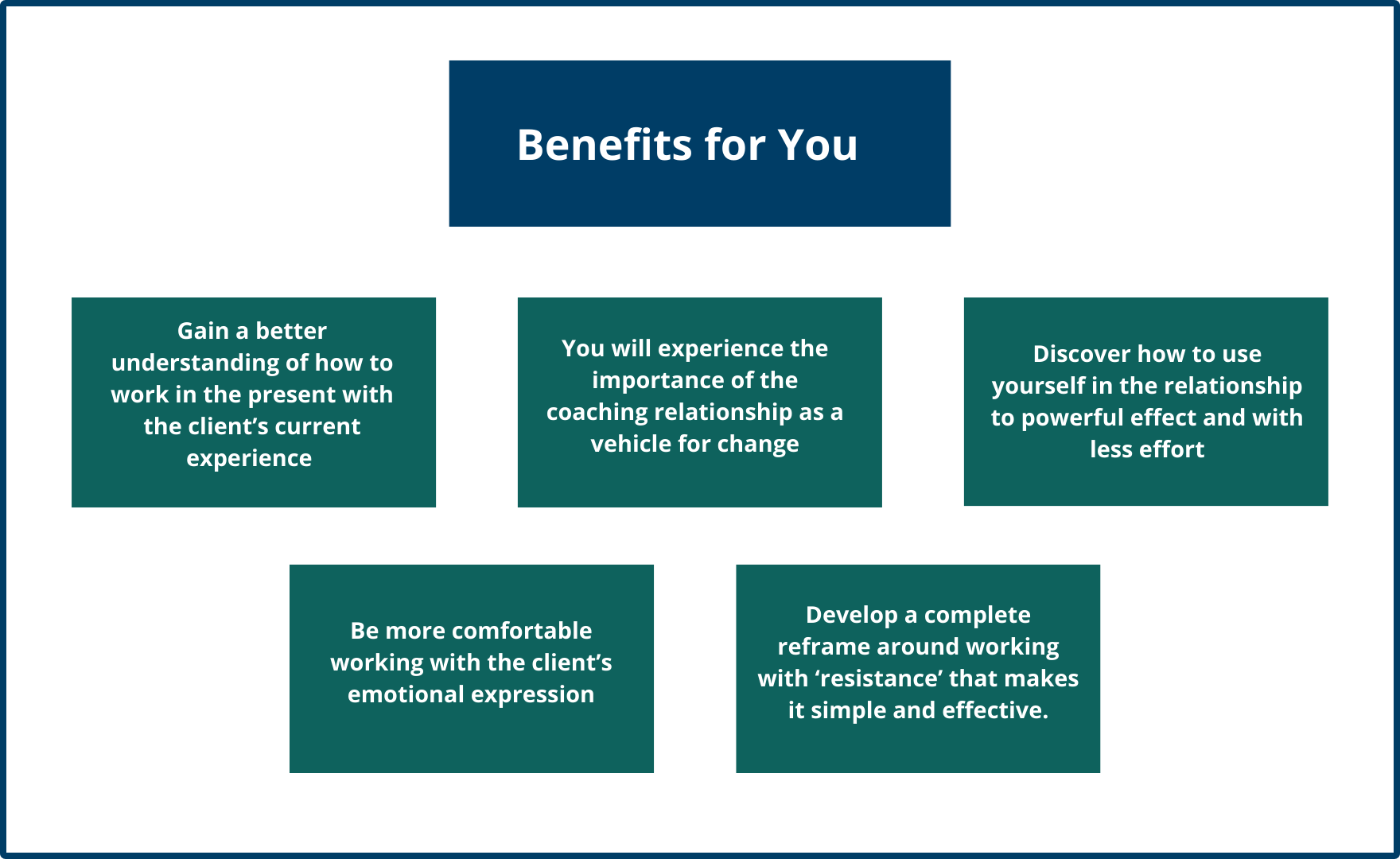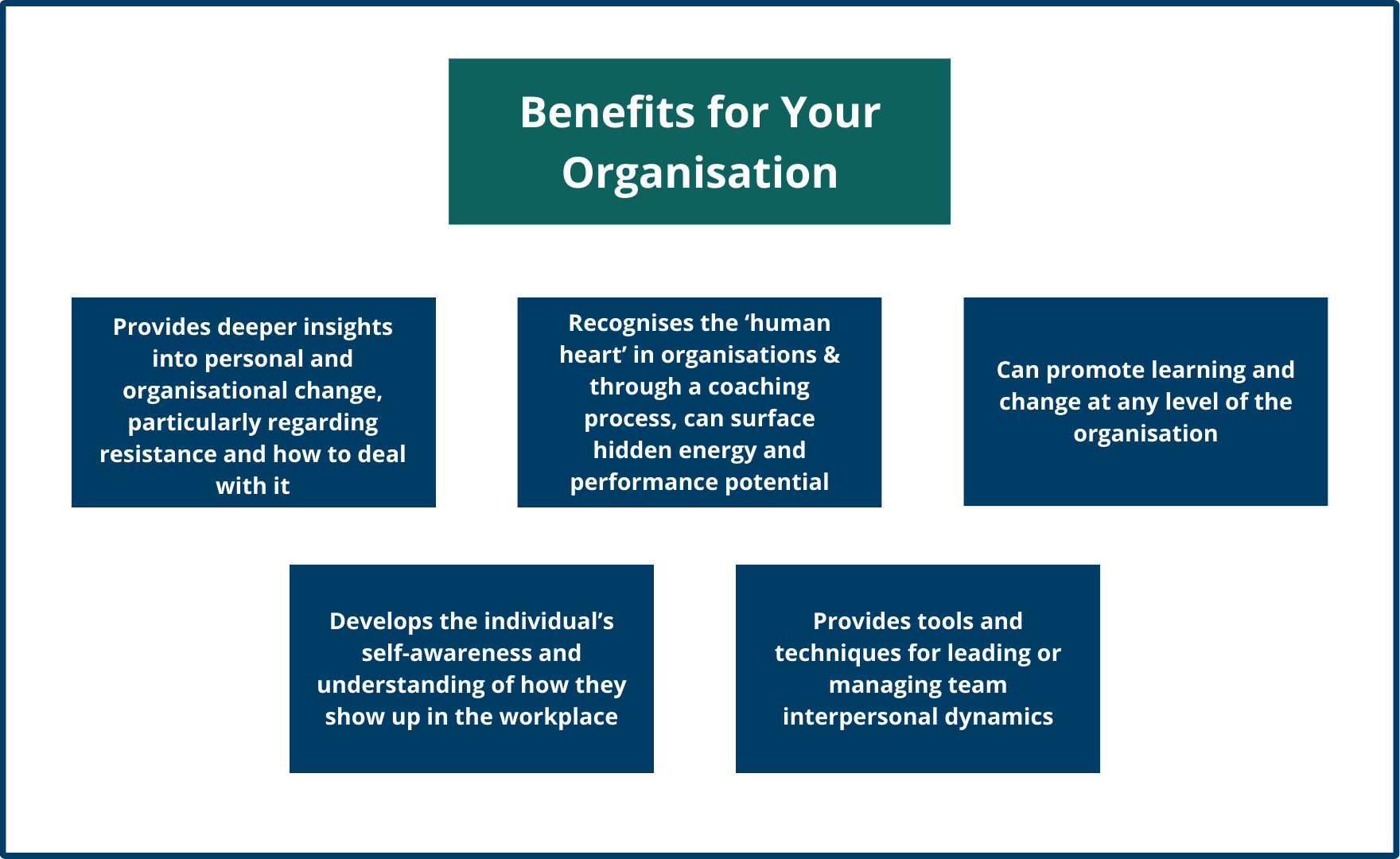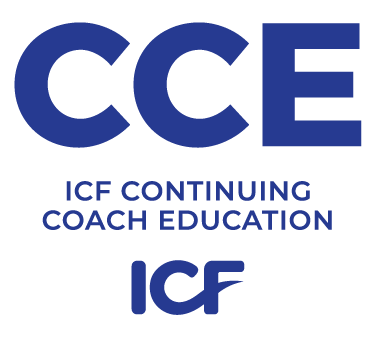Events
Somatic Resonance and the Hidden Power of ‘Use of Self’ in Gestalt Coaching - 24 May 2024 | 12.30 - 13.15 BST
Join us during lunch for this interactive learning opportunity with expert Gestalt practitioner John Leary-Joyce
03 September 2024 - 17 September 2024
UK/Live Virtual Sessions
25 November 2024 - 10 December 2024
UK/Live Virtual Sessions
100 years of psychotherapy research, show that the biggest single factor in creating change, is the quality of the relationship. Gestalt harnesses this factor and make it the basis for our interventions? This often creates a big concern about overly influencing and directing the coachee – which is correct if you have a desire for the coachee to ‘find the solution’. However, the opposite is true with Gestalt – encapsulated beautifully in ICF Competency 7.11 Shares observations, insights and feelings, without attachment, that have the potential to create new learning for the client. The skill, is in creating a quality of Dialoguethat serves the coachee in finding a satisfying resolution to their problem.
Events
Join us during lunch for this interactive learning opportunity with expert Gestalt practitioner John Leary-Joyce
Events
Join us during lunch for this interactive learning opportunity with expert Gestalt practitioner John Leary-Joyce
Events
Join us during lunch for this interactive learning opportunity with expert Gestalt practitioner John Leary-Joyce


How you learn
1. Group Psychological Safety
The experiential work and skills practice requires a high degree of self-disclosure and willingness to make mistakes. Therefore, John will facilitate the group in a way that creates deep psychological safety - through investing time in, contracting, boundary setting, building support, discussing the impact and appreciating the value of taking personal and practitioner risks. Watching and experiencing a master modelling how to create this space, provides a huge amount of learning.
2. Theoretical Positioning
A sound cognitive structure to understand the experiential and skills work will be provided through:
3. Experiential Exercises
These provide an experience, that illustrates and brings to life, the theoretical material in a very focused and specific way. It’s an opportunity to gain personal insights and learning as well as providing interventions for skills practice.
4. Skills Practice
The core of the programme, is practicing new skills with a live participant client and receiving peer/ faculty feedback. Experimenting in forming interventions in a Gestalt way and unlearning the traditional desire to plan and control. You will also have the contact details of peers on the programme and will be encouraged to meet up between and after modules in order to practice.
5. Coaching Demonstrations
Prior to each skills practice session, John will provide the theoretical background, explain the focus for the session, highlight the skills required, then do a demonstration with one participant to show how it all comes together. This is followed by a discussion on what John demonstrated.
6. Coachee Experience
In the skills practice sessions, you experience what it’s like to be on the receiving end of a Gestalt style intervention and give feedback to the coach on the impact. It also provides a great opportunity for addressing your own personal issues.
7. Reflection on Practice
A key part of the learning process is reflection - so there is ample time to share confusions and insights through discussion and feedback – linking together practice, personal experience, and theory.
Your learning experience
All the work is done through virtual faculty-led sessions and skills practise in small groups. The virtual context has huge learning benefits, which will be demonstrated on the programme.
Being virtual and during a UK morning, will allow you to engage with participants from many time zones East of UK – Asia Pacific, Australia, India, Europe, Middle East & Africa.
You will have the experience of being lost, out of your depth, confused, anxious and emotionally discombobulated, BUT this will be the phase of ‘unlearning’, before you get the insight and delight of learning something new and profound.
We will laugh and have fun alongside exploring pain and distress – this workshop requires courage, to venture into unchartered personal territory – and discover new continents.
This is a certificate level programme. On completion you will receive a certificate of attendance from the AoEC.
The Gestalt Coaching Skills Foundation Programme is accredited with the International Coaching Federation (ICF) for 13 CCEs (Continuing Coach Education units) - 3.5 Core Competency and 9.5 Resource Development.

Practicing coaches of all levels – the more experience you have the better.
This programme is limited to 18 participants to ensure a high-quality learning experience and that you receive personal and individual feedback from faculty.
No – it’s virtual, so you are ‘residential’ at your home or office.
You can apply for the workshop online. If you would like to find out more before applying, please do not hesitate to contact us and we will be delighted to help you in any way we can.
Yes, there will be some pre-course reading and a webinar to watch at your own leisure.
The programme is led by John Leary-Joyce; a master of Gestalt Coaching. He will be assisted by graduates of his Diploma programme, who observe, give feedback and share their learning journey to practicing Gestalt Coaching.
The programme costs £695 + VAT (virtual programme price).
As a face-to-face virtual programme the price includes all study materials and workshop time.
We recommend wearing comfortable, casual clothing.

John Leary-Joyce CEO and Faculty Non-Executive Chair & Owner

John is our CEO and founded the Academy of Executive Coaching in 1999 with one administrator and over the years recruited and collaborated with many talented directors, trainers & administrators to develop AoEC into the prestigious brand it is today. With his tireless entrepreneurial spirit AoEC has become a highly successful international coaching training organisation with professional accreditation from ICF, EMCC, & AC. Previously, he was MD of Gestalt Centre London growing the business fourfold in six years and gaining a Company Director diploma with the Institute of Directors. John is a highly principled leader, drawing on and applying his experience from a long career as a Gestalt psychotherapist, executive and team coach, trainer and supervisor. He is Past President of EMCC UK where his focus was on maintaining standards for coaching and mentoring and building collaboration between the different professional bodies. In 2010 he founded with Peter Hawkins the Systemic Team Coaching programmes. He has an MA in Executive Coaching, is PCC with ICF, qualified supervisor, regular presenter at international conferences and author of Fertile Void, Gestalt Coaching at Work 2014 and co-author of Systemic Team Coaching 2018. His other passion is dancing Tango which links with leadership, coaching and Gestalt.


Article
18th September 2023 by George Warren
I just need to work on that list of perfect questions, offered a coach in a recent mentor coaching session.
Interview
28th September 2022 by Lee Robertson
Julianna Czifra is a work and organisational psychologist, internationally certified business coach (ICF PCC), and a licensed workplace mediator. Based…